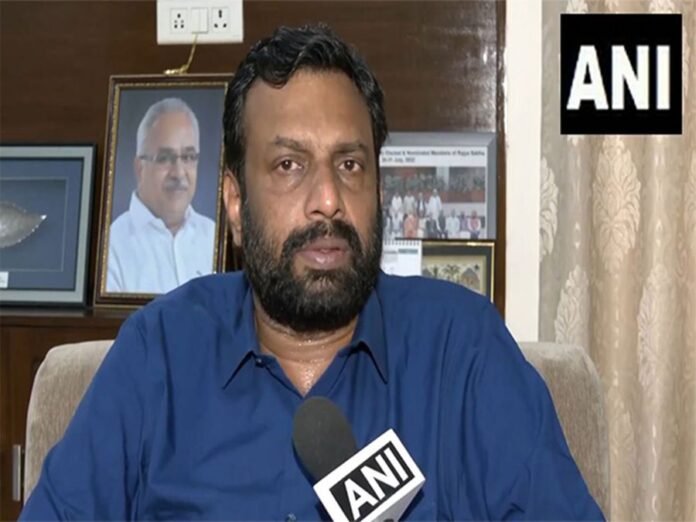Supreme Court Stays Key Parts of Waqf Amendment Act 2025: What You Need to Know
The Communist Party of India (CPI) has hailed the Supreme Court’s recent decision to pause some controversial sections of the Waqf (Amendment) Act 2025. This move comes as a big win for those challenging the law, which many see as targeting Muslim rights and Waqf properties in India.
CPI Rajya Sabha MP P Sandosh Kumar called the court’s intervention a strong validation of the party’s long-standing concerns. He pointed out that the BJP rushed the Waqf Amendment Act through Parliament without meaningful talks with the Muslim community or their groups. "Several provisions in the Act are clearly discriminatory," Kumar said, adding that they aim to stigmatize Muslims, fuel communal tensions, and allow easy grabs of Waqf assets.
One major issue Kumar highlighted is the rule requiring someone to practice Islam for at least five years before creating a Waqf. "This is a clear attack on minority rights," he noted. The CPI is one of the groups that filed petitions against the Waqf Act in the Supreme Court, and they’re pushing for its full review.
Kumar made it clear that the court hasn’t halted the entire Waqf Amendment Act. Only the most problematic parts are on hold for now, while others stay in effect. "We hope the court will strike down all unfair sections and ensure future laws on religious endowments come from open, democratic discussions," he said. Such laws, he added, should protect India’s secular values, not erode them.
The CPI didn’t hold back during the law’s passage—they opposed it fiercely in Parliament and led protests outside. The party remains firm: In a diverse democracy like India, religious minorities deserve full protection.
What Did the Supreme Court Decide?
On Monday, a bench led by Chief Justice BR Gavai and Justice Augustine George Masih refused to block the whole Waqf (Amendment) Act 2025. But they stepped in to stay specific provisions until the court fully hears the challenges to its constitutionality.
Here’s a quick breakdown of the key stays:
-
Five-Year Islam Practice Rule: The court paused the clause that only lets people who’ve practiced Islam for five years create a Waqf. They said this needs clear rules first to check someone’s faith—without them, it could lead to unfair power plays.
-
Collector’s Role in Disputes: The bench blocked the part giving district Collectors the power to settle if a Waqf property encroaches on government land. "Collectors can’t judge citizens’ rights; that breaks the separation of powers," the court ruled. Until Waqf Tribunals decide, no new claims can arise against properties, keeping this provision frozen.
-
Non-Muslim Members on Boards: The court held off on limits like capping non-Muslims at three on state Waqf Boards or four on the Central Waqf Council. They also suggested the CEO of these boards should ideally be Muslim, as much as possible.
The court left the registration requirement untouched, noting it’s not new—it existed in the 1995 and 2013 Waqf Acts too.
This interim order brings some relief amid heated debates on the Waqf Amendment Act’s impact on Muslim properties and minority rights in India. As the case moves forward, it could reshape how Waqf laws balance transparency and community protections. Stay tuned for updates on this Supreme Court Waqf Act challenge.
Stay informed on all the latest news, real-time breaking news updates, and follow all the important headlines in world News on Latest NewsX. Follow us on social media Facebook, Twitter(X), Gettr and subscribe our Youtube Channel.



